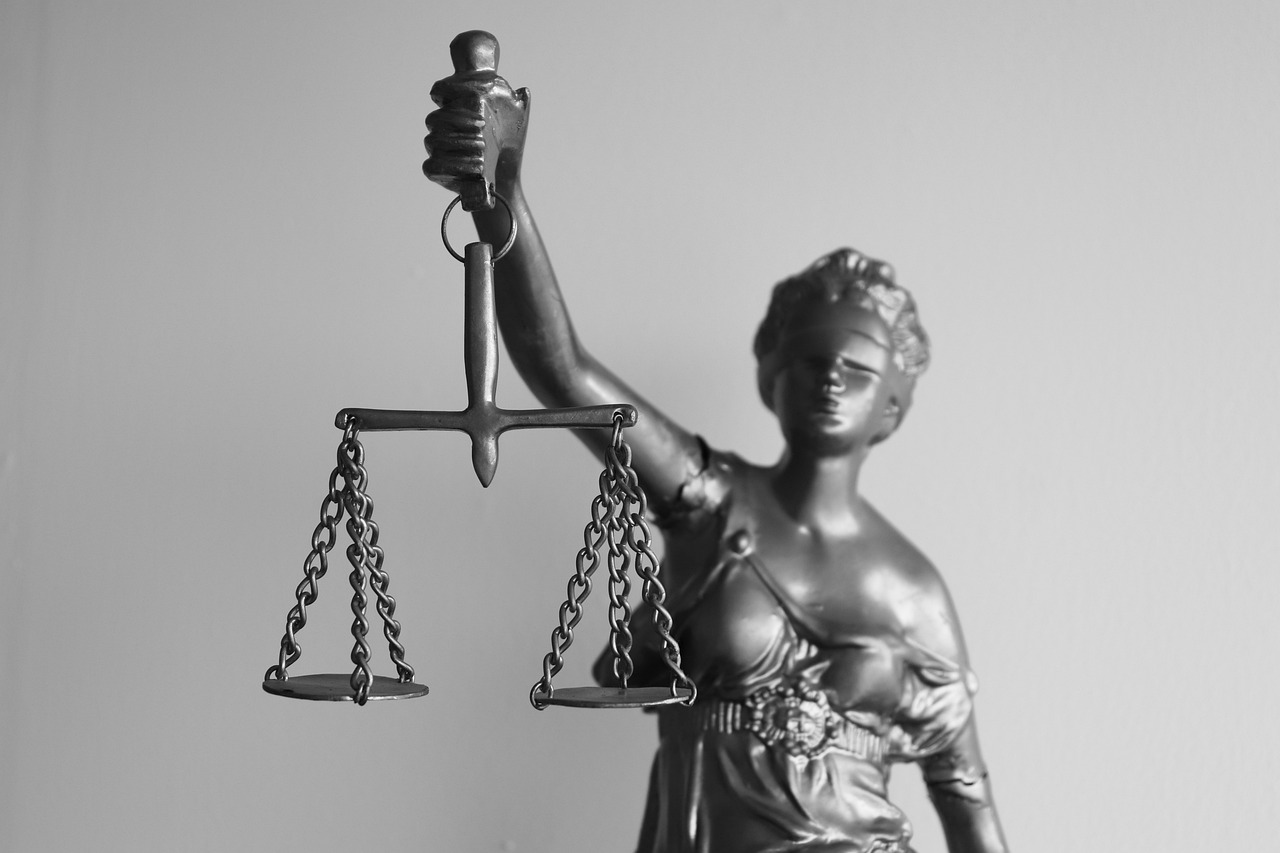In the realm of criminal law, the role of an intoxication assault lawyer is both critical and challenging. These legal professionals navigate complex cases where the consequences of alleged intoxication have led to serious injury or harm. Understanding their approach—from gathering evidence to constructing arguments—is essential in comprehending their role in the justice system.
Gathering Evidence: Building the Foundation
The journey of an intoxication assault case begins with the meticulous gathering of evidence. This phase is crucial as it forms the foundation upon which the entire defense or prosecution strategy rests. For the defense attorney specializing in intoxication assault cases, this means examining police reports, witness testimonies, medical records, and any available surveillance footage. Each piece of evidence serves as a building block in constructing a comprehensive defense strategy aimed at achieving the best possible outcome for the client.
In contrast, prosecutors working on behalf of the state must gather evidence that proves beyond a reasonable doubt that the accused was intoxicated and that this intoxication directly led to the assault in question. This often involves working closely with law enforcement agencies, medical experts, and forensic specialists to piece together a timeline of events and establish a clear link between the defendant’s intoxication and the alleged assault.
The Art of Argument: Crafting a Persuasive Case
Once evidence has been gathered, the intoxication assault lawyer must master the art of argumentation. This involves not only presenting facts and evidence but also weaving them into a compelling narrative that supports their client’s innocence or, in the case of prosecutors, the defendant’s guilt.
Defense attorneys specializing in intoxication assault cases often employ various defense strategies. These may include challenging the validity of sobriety tests, questioning the reliability of witness testimonies, or arguing that the alleged assault was not directly caused by intoxication. Each strategy requires a deep understanding of both the legal precedents and the nuances of intoxication science.
Prosecutors, on the other hand, must anticipate and counter these defense strategies. They may call upon expert witnesses to testify about the effects of intoxication on judgment and behavior, present compelling victim testimonies, or demonstrate a pattern of reckless behavior on the part of the defendant.
Inside the Courtroom: The Trial Process
The culmination of the intoxication assault lawyer’s efforts often occurs in the courtroom. Here, both sides present their arguments before a judge and jury, each aiming to sway the decision in their favor.
For defense attorneys, this is a critical juncture where their ability to effectively communicate their client’s innocence or mitigate the impact of intoxication on the alleged assault can make all the difference. They must skillfully cross-examine witnesses, present persuasive arguments based on case law and precedent, and appeal to the jury’s sense of reason and justice.
Prosecutors, likewise, must present a compelling case that leaves no room for doubt regarding the defendant’s guilt. They must navigate the complexities of intoxication law, present evidence in a clear and concise manner, and address any challenges posed by the defense with confidence and authority.
Beyond the Verdict: Ensuring Justice
Regardless of the trial’s outcome, the work of an intoxication assault lawyer extends beyond the courtroom. For defense attorneys, this may involve negotiating plea deals, appealing unfavorable verdicts, or advocating for alternative sentencing options that take into account mitigating circumstances.
For prosecutors, securing a conviction in an intoxication assault case is often just the beginning. They may work with victim advocacy groups to ensure that victims receive the support and resources they need, collaborate with law enforcement to enforce sentencing conditions, and continue to uphold justice in their community.
The Role of Ethics: Navigating Moral and Legal Responsibilities
Throughout their work, intoxication assault lawyers must navigate a complex web of moral and legal responsibilities. They are tasked with upholding the principles of justice and fairness while advocating vigorously for their clients’ rights. This requires a keen understanding of legal ethics, including confidentiality, conflict of interest, and the duty to zealously represent their clients within the bounds of the law.
Ethical considerations also extend to how intoxication assault lawyers interact with victims, witnesses, and the broader community. They must approach each case with empathy and professionalism, recognizing the sensitive nature of the issues at hand and the profound impact that their work can have on the lives of those involved.
Conclusion
The role of a RB Isenberg intoxication assault lawyer is multifaceted and demanding, requiring a blend of legal acumen, advocacy skills, and ethical integrity. From gathering evidence to crafting persuasive arguments and navigating the complexities of the courtroom, these legal professionals play a crucial role in the pursuit of justice.
Whether defending the rights of the accused or seeking justice for victims of intoxication-related assaults, intoxication assault lawyers are at the forefront of a challenging yet essential area of criminal law. Their commitment to upholding the principles of justice ensures that every case is handled with diligence, compassion, and a relentless pursuit of truth.
Understanding the intricate workings of an intoxication assault case provides valuable insight into the broader legal system and the dedicated professionals who uphold its integrity. As laws and societal attitudes evolve, so too must the strategies and approaches of intoxication assault lawyers, ensuring that justice remains both fair and equitable for all.




